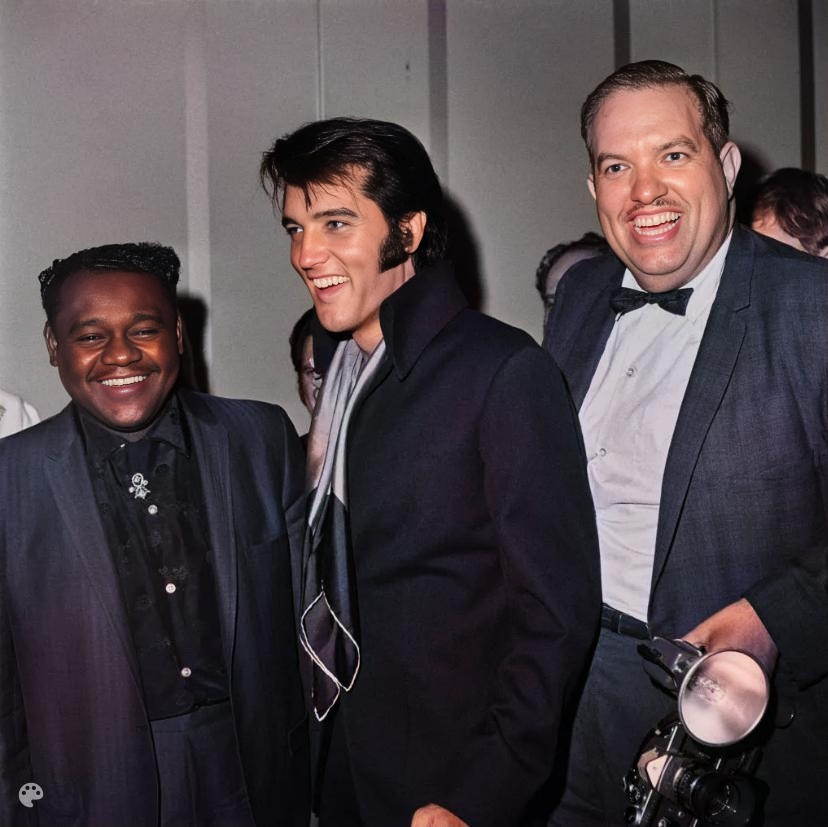
Antoine “Fats” Domino Jr., a New Orleans native, wasn’t just a pianist; he was a cornerstone of rock and roll’s foundation. With his infectious smile, boogie-woogie piano style, and warm vocals, Domino bridged the gap between rhythm and blues and the emerging sounds of rock. He was a prolific hitmaker, achieving incredible chart success throughout the 1950s and 60s, with over 35 Top 40 hits. While specific award information for “Ain’t That A Shame” is scarce, the song propelled Domino to national fame and remains a timeless classic, consistently featured in lists of the greatest songs of all time. Domino was inducted into the Rock and Roll Hall of Fame in 1986.
“Ain’t That A Shame,” released in 1956, perfectly exemplifies Domino’s appeal. The song’s meaning revolves around unrequited love and regret. The narrator laments a lost relationship, recognizing his own mistakes and expressing sorrow over the pain he caused. The phrase “Ain’t That A Shame” acts as a recurring refrain, expressing both his sadness and a sense of self-reproach.
Upon release, the song resonated deeply with audiences, especially teenagers drawn to its catchy melody and relatable theme. While Domino’s version reached number 10 on the Billboard charts, Pat Boone’s cover reached number one, highlighting the racial dynamics of the era. Despite Boone’s more commercially successful version, many recognize Domino’s recording as the definitive one, praising its authenticity and Domino’s unique vocal delivery. Critics and listeners alike appreciated the song’s simplicity, its infectious rhythm, and Domino’s undeniable charm, solidifying “Ain’t That A Shame” as a rock and roll standard.